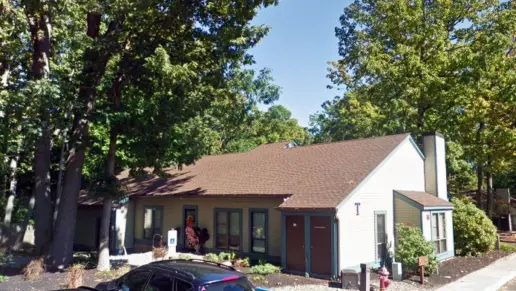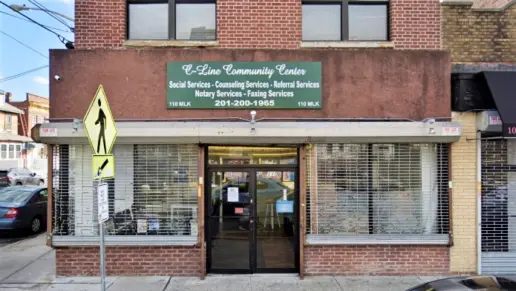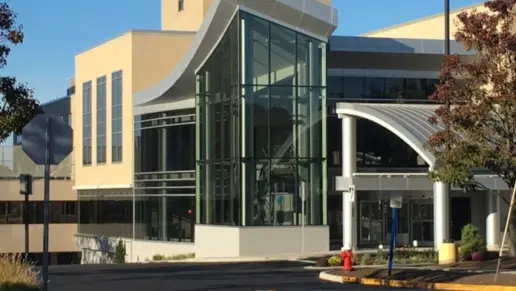About Hackettstown Medical Center
Hackettstown Medical Center is a part of the Atlantic Health System and provides mental health care and addiction recovery services for adolescents and adults in Hackettstown, New Jersey. They serve seniors, adults, and youth in an outpatient setting. Court mandated programs and dual diagnosis care are available. They accept Medicare and Medicaid and financial assistance is available based on need.
Medication management and psychotherapy are included in their intensive outpatient program. They can also provide referrals for medical detox. They place a special emphasis on ensuring that a patient makes a lasting recovery while allowing them the ability to go to school or work.
If you need medication to ease withdrawal symptoms or support your long term sobriety, it may be provided in conjunction with counseling and recovery education. If you’re above the age of 14 and you’re at risk of opioid overdose, you might be able to access naloxone free of charge.
I like that aftercare is such a significant part of the program. They want to make sure that no one feels like they don’t have the support they need to make it through difficult moments without relapsing. Prevention and early intervention are the hallmarks of their care philosophy, so they also have options for inpatient treatment and supportive living programs.
US veterans can get special psychological help and counseling services for transitioning to civilian life without falling into substance misuse. They teach effective strategies for coping with PTSD.
Rehab Score
Gallery
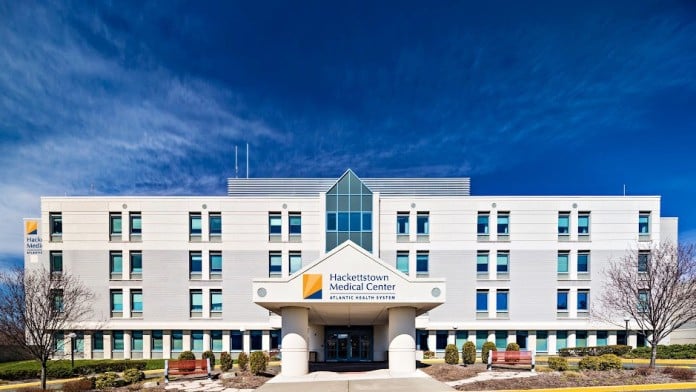
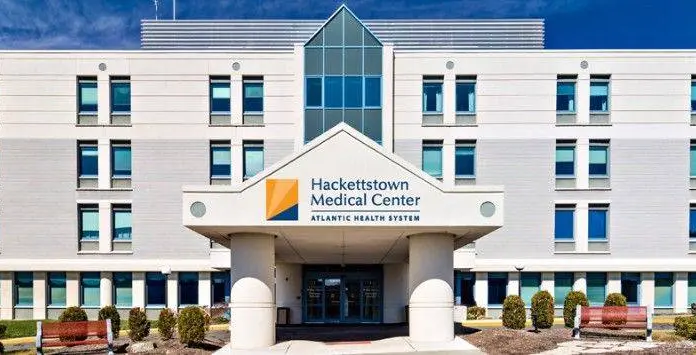
Location
Accepted Insurance
Other Forms of Payment
Self-pay involves paying for treatment out of your own pocket. You can use savings or credit, get a personal loan, or receive help from family and friends to fund your treatment. If you don't have insurance or your insurance plan doesn't cover a specific program, self-pay can help ensure you still get the care you need.
Private insurance refers to any kind of healthcare coverage that isn't from the state or federal government. This includes individual and family plans offered by an employer or purchased from the Insurance Marketplace. Every plan will have different requirements and out of pocket costs so be sure to get the full details before you start treatment.
Military members, veterans, and eligible dependents have access to specific insurance programs that help them get the care they need. TRICARE and VA insurance can help you access low cost or no cost addiction and mental health treatment. Programs that accept military insurance often have targeted treatment focused on the unique challenges military members, veterans, and their families face.
Medicaid is a state based program that helps lower-income individuals and families pay for healthcare. Medicaid covers addiction treatment so those enrolled can use their coverage to pay for rehab. When a program accepts Medicaid the client often pays very little or nothing out of their own pocket.
Medicare is a federal program that provides health insurance for those 65 and older. It also serves people under 65 with chronic and disabling health challenges. To use Medicare for addiction treatment you need to find a program that accepts Medicare and is in network with your plan. Out of pocket costs and preauthorization requirements vary, so always check with your provider.
Financial aid can take many forms. Centers may have grants or scholarships available to clients who meet eligibility requirements. Programs that receive SAMHSA grants may have financial aid available for those who need treatment as well. Grants and scholarships can help you pai for treatment without having to repay.
Addiction Treatments
Levels of Care
Treatments
Many of those suffering from addiction also suffer from mental or emotional illnesses like schizophrenia, bipolar disorder, depression, or anxiety disorders. Rehab and other substance abuse facilities treating those with a dual diagnosis or co-occurring disorder administer psychiatric treatment to address the person's mental health issue in addition to drug and alcohol rehabilitation.
Mental health rehabs focus on helping individuals recover from mental illnesses like bipolar disorder, clinical depression, anxiety disorders, schizophrenia, and more. Mental health professionals at these facilities are trained to understand and treat mental health issues, both in individual and group settings.
Programs



Clinical Services
Pet therapy can have many physical and emotional benefits for hospital patients, including reduced blood pressure and stress. Atlantic Health System's pet therapy program, Soothing Paws®, has approximately 80 pet therapy teams, each made up of a hospital volunteer and his or her trained dog, that visit patients and their loved ones in their hospitals.
Whether a marriage or other committed relationship, an intimate partnership is one of the most important aspects of a person's life. Drug and alcohol addiction affects both members of a couple in deep and meaningful ways, as does rehab and recovery. Couples therapy and other couples-focused treatment programs are significant parts of exploring triggers of addiction, as well as learning how to build healthy patterns to support ongoing sobriety.
Eating disorders, like anorexia and bulimia, are serious illnesses that can result in both medical and psychological complications. Prompt treatment is essential, but parents are often uncertain if their child has an eating disorder and don’t know where to turn for help. The good news is that with the proper care, full recovery from these conditions is possible and the Pediatric Eating Disorders Center at Atlantic Health System can help. Their program is the only one in New Jersey that is exclusive to children ages 8 to 12 and adolescents ages 13 to 21 and includes parents in all aspects of care from the earliest stages of diagnosis through treatment.
Counseling that includes parental and family involvement is central to their program and highly encouraged. Research clearly demonstrates that recovery is far more successful and sustainable when loved ones like family members participate in rehab and substance abuse treatment. Genetic factors may be at play when it comes to drug and alcohol addiction, as well as mental health issues.
Group therapy is any therapeutic work that happens in a group (not one-on-one). There are a number of different group therapy modalities, including support groups, experiential therapy, psycho-education, and more. Group therapy involves treatment as well as processing interaction between group members.
In individual therapy, a patient meets one-on-one with a trained psychologist or counselor. Therapy is a pivotal part of effective substance abuse treatment, as it often covers root causes of addiction, including challenges faced by the patient in their social, family, and work/school life.
Life skills trainings involve all the skills a person must have in order to function successfully in the world. These include time management, career guidance, money management, and effective communication. Truly successful addiction recovery is based on the ability to not only live substance-free, but to thrive. Life skills teaches the practical necessities of functioning in society, which sets clients up for success in life, and therefore sobriety.
Diet can directly affect a person’s physical health, mental well-being and overall quality of life. Eating healthfully – ensuring that you get the nutrients you need to stay well and manage any health problems – can significantly decrease the amount of medication needed to treat a disease. Overlook Medical Center’s outpatient dietitians are experts in medical nutrition therapy, preventative medicine, current research findings, behavioral change strategies and mindfulness training.
Trauma therapy addresses traumatic incidents from a client's past that are likely affecting their present-day experience. When a traumatic or catastrophic event occurs – whether at school, work, the neighborhood or larger community – Atlantic Behavioral Health is there to help survivors, witnesses and their families begin the healing process.
Amenities
-
Residential Setting
-
Private Setting
-
Private Rooms
Staff & Accreditations
Staff
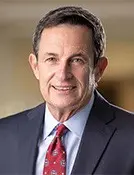
President and Chief Executive Officer
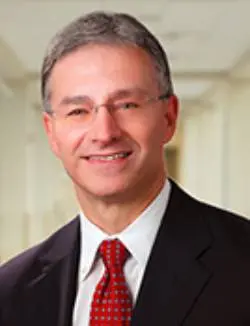
Executive Vice President, Chief Health System Officer
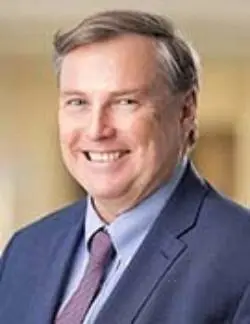
Executive Vice President, Chief Business & Strategy Officer
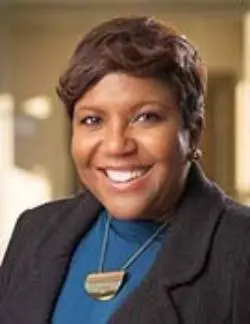
Executive Vice President, Chief Administrative Officer
Accreditations

The Joint Commission, formerly known as JCAHO, is a nonprofit organization that accredits rehab organizations and programs. Founded in 1951, the Joint Commision's mission is to improve the quality of patient care and demonstrating the quality of patient care.
Joint Commission Accreditation: Yes
Accreditation Number: 5935
Contact Information
651 Willow Grove Street
Hackettstown, NJ 07840





